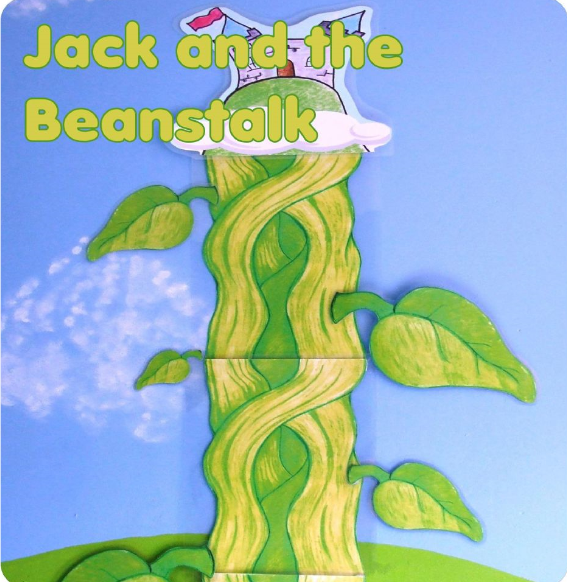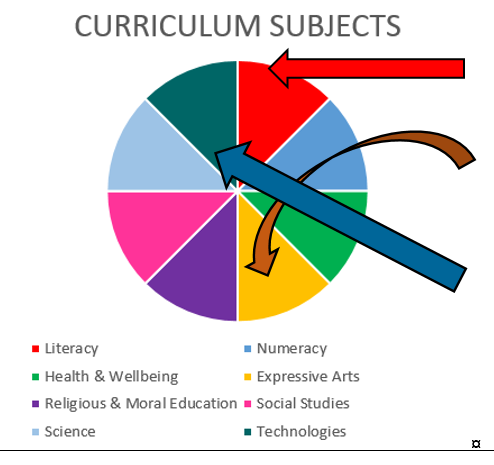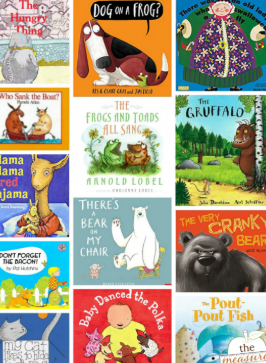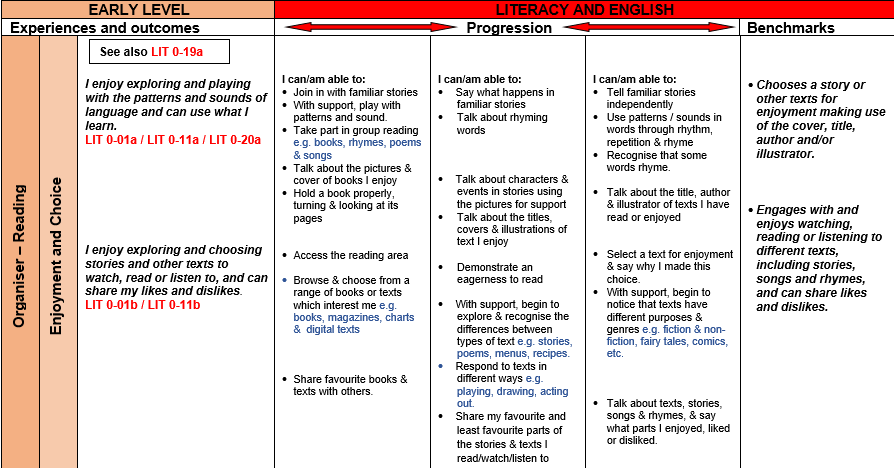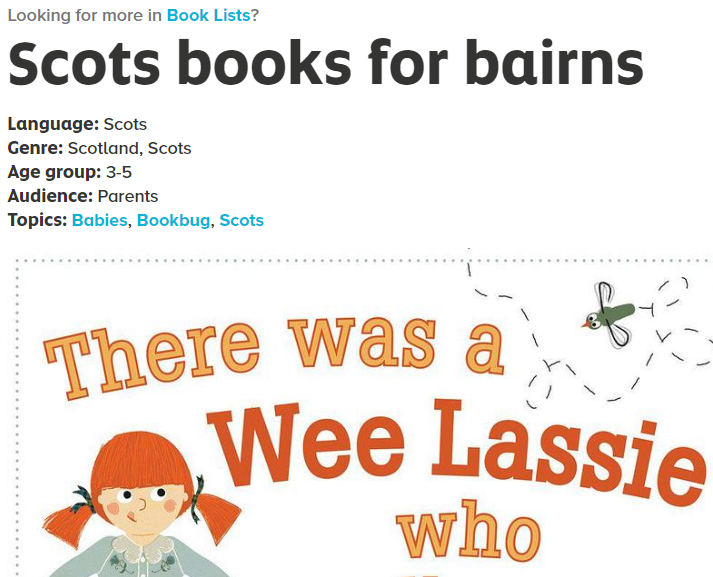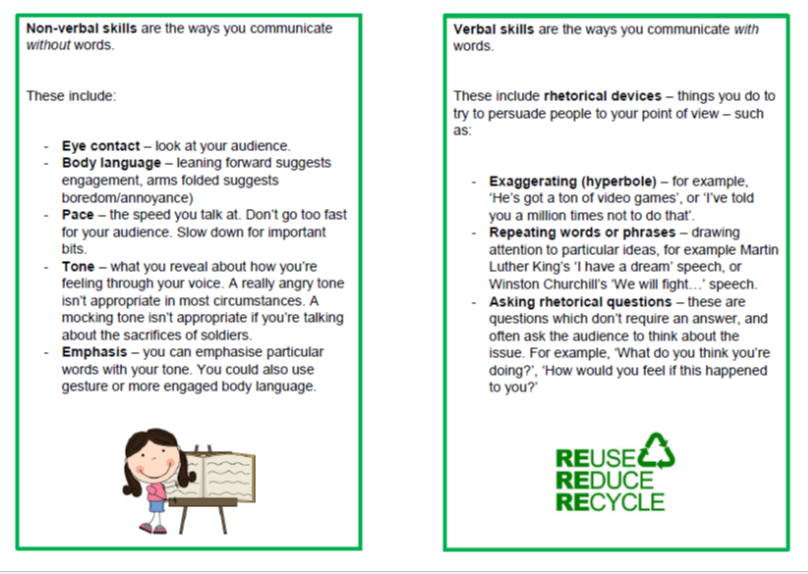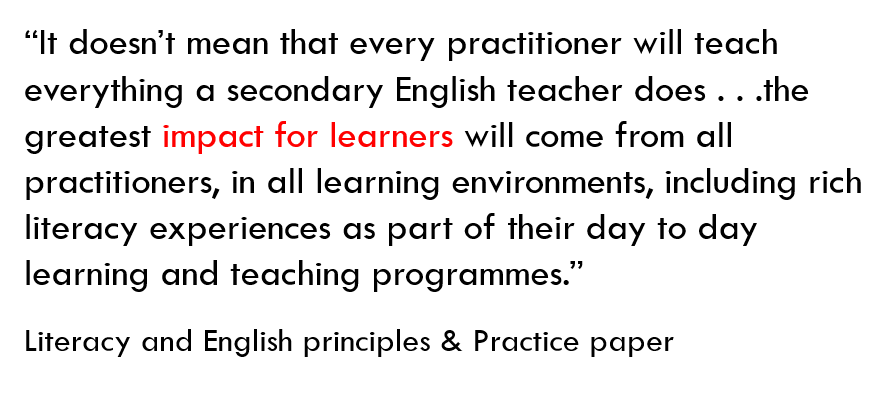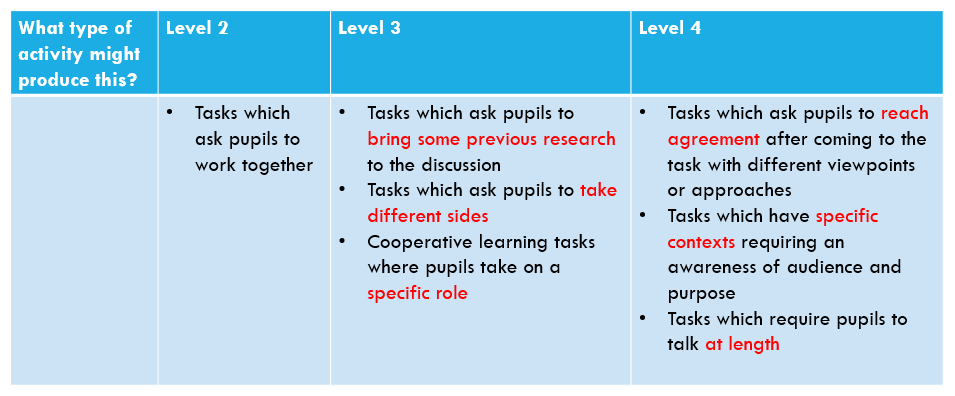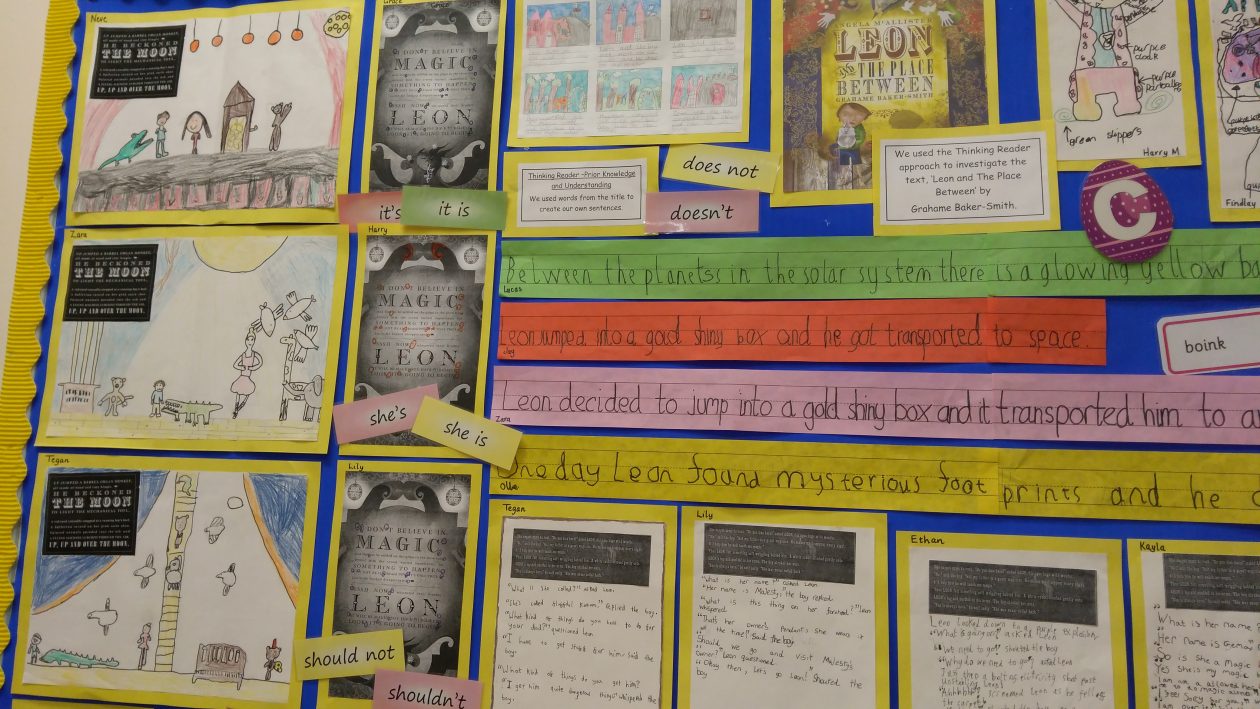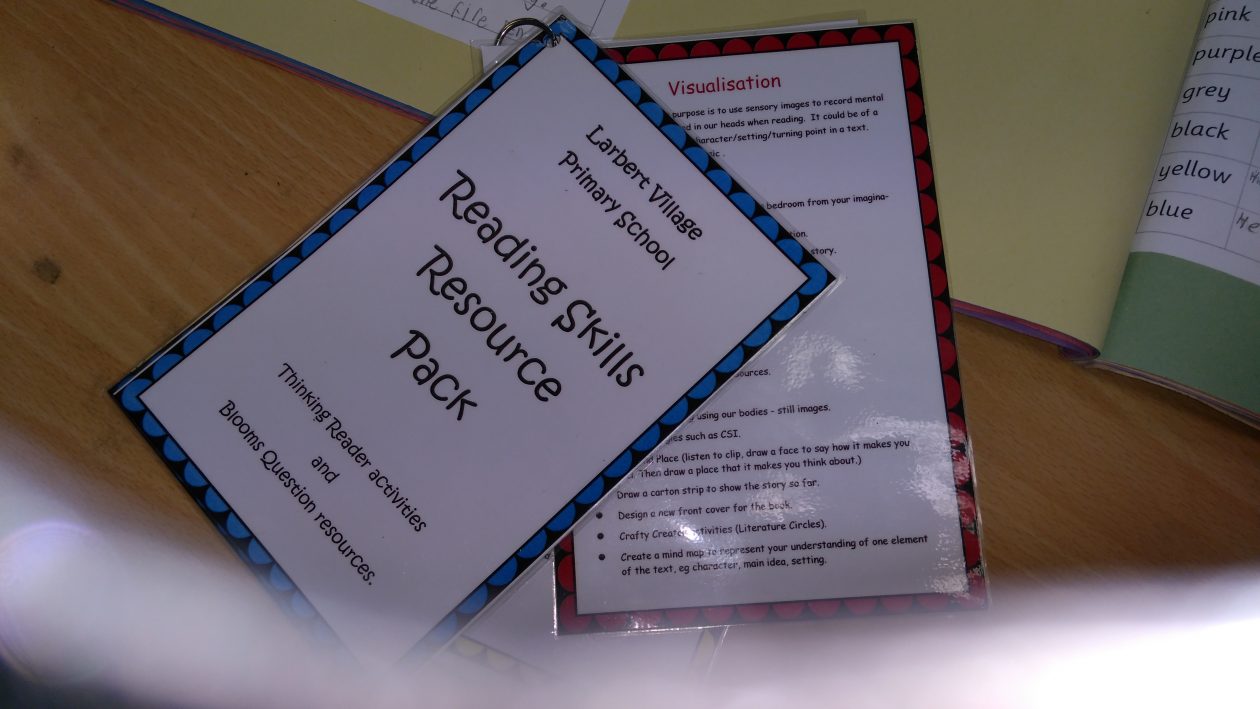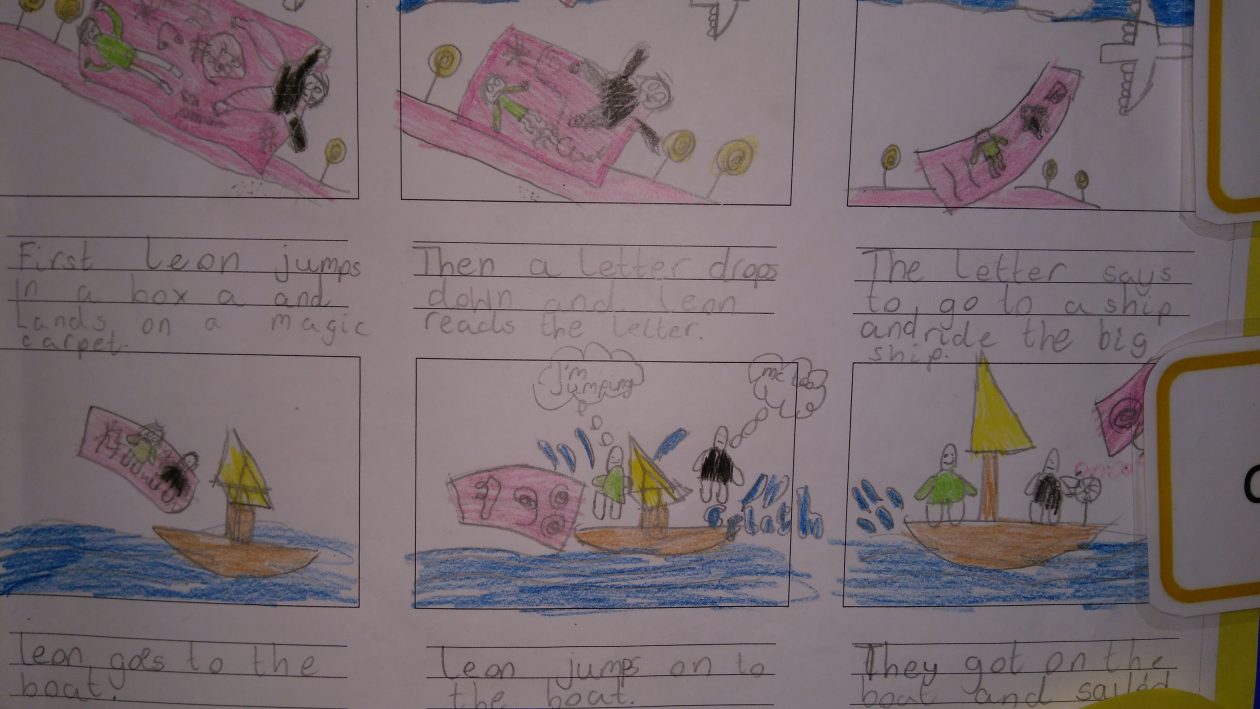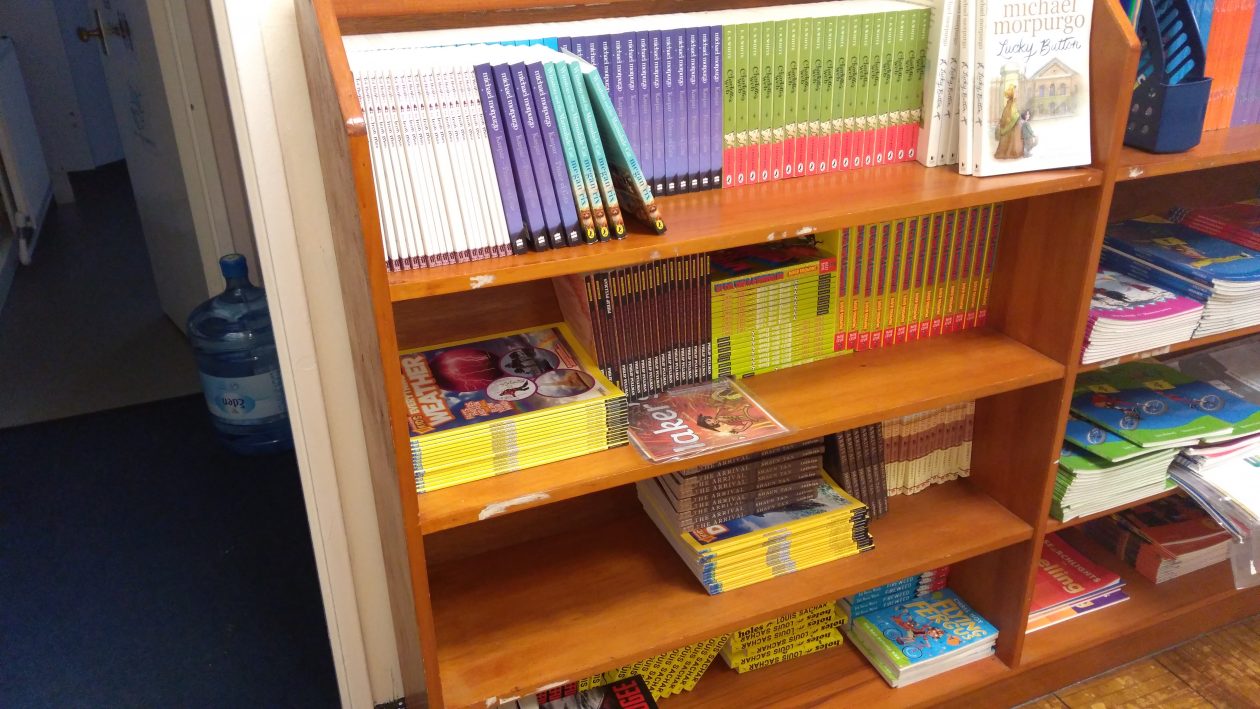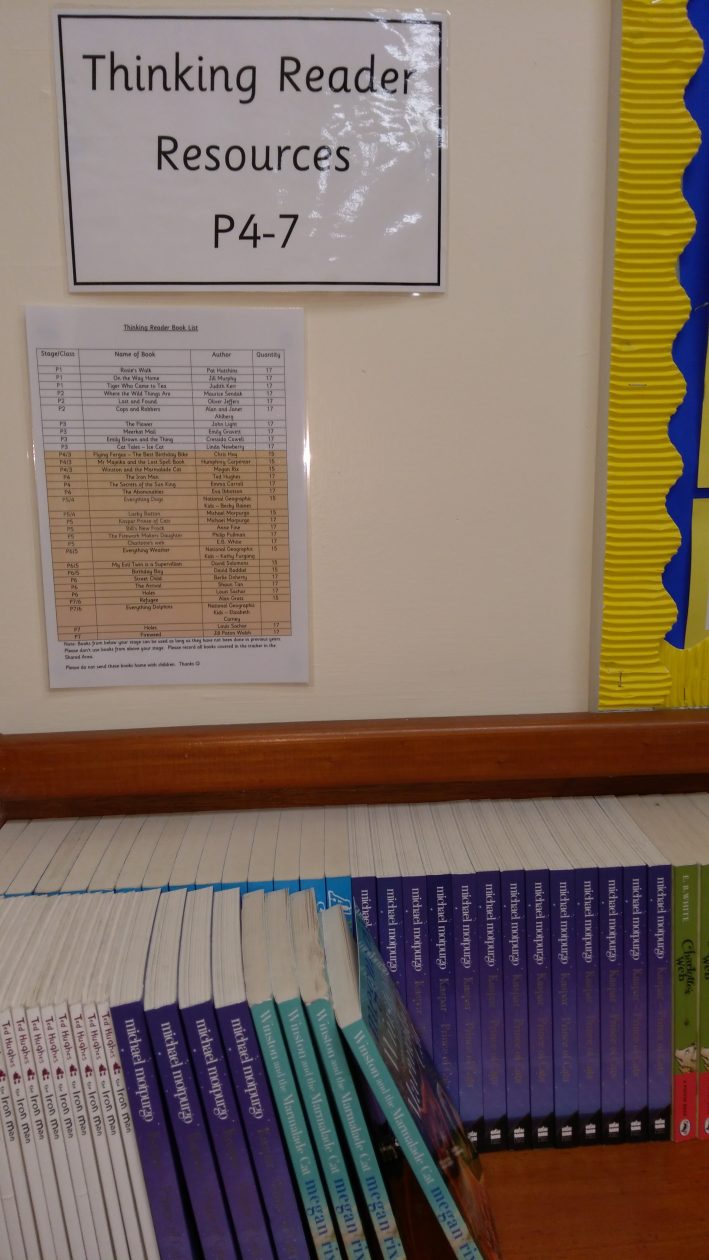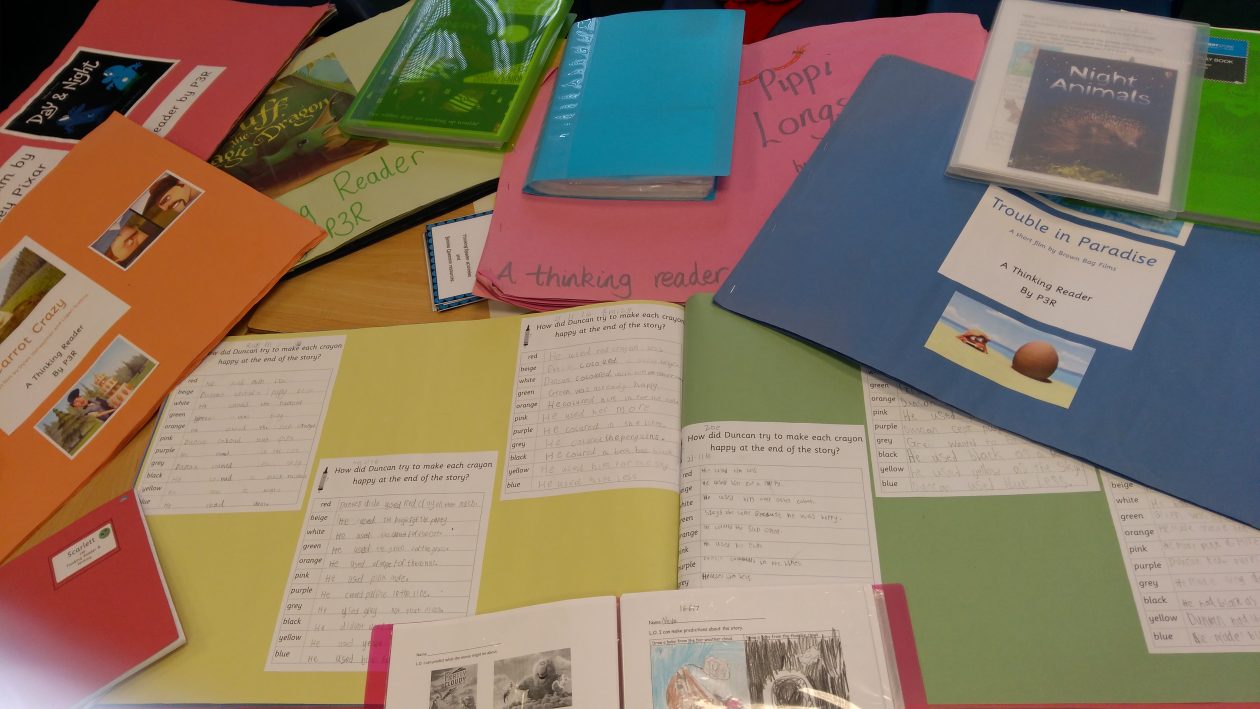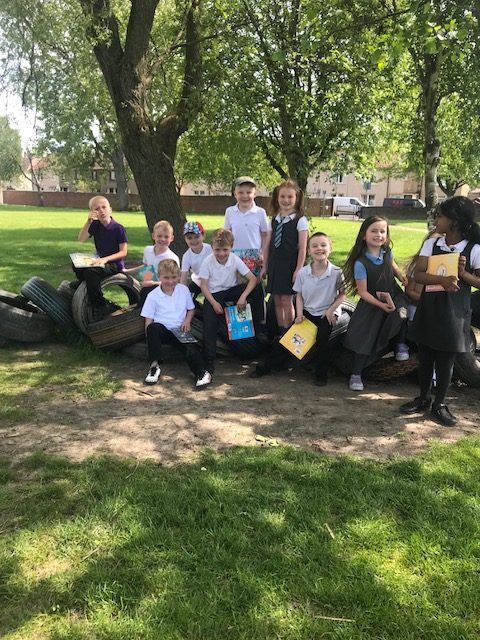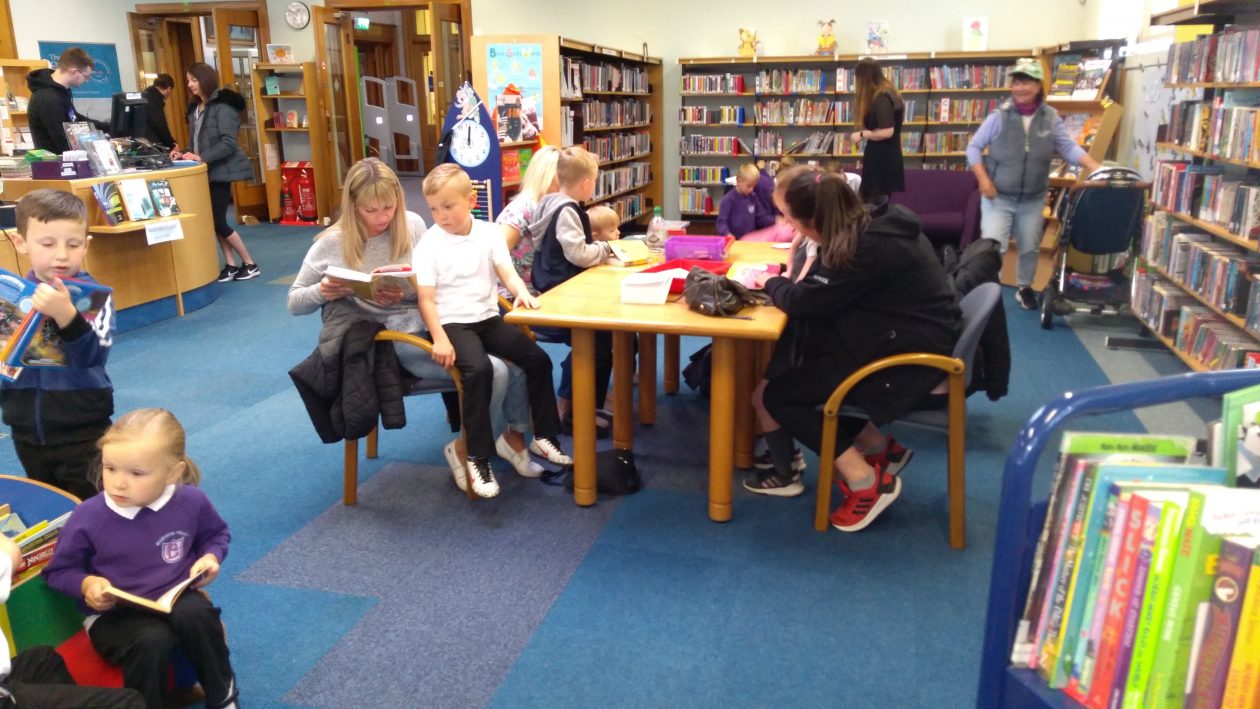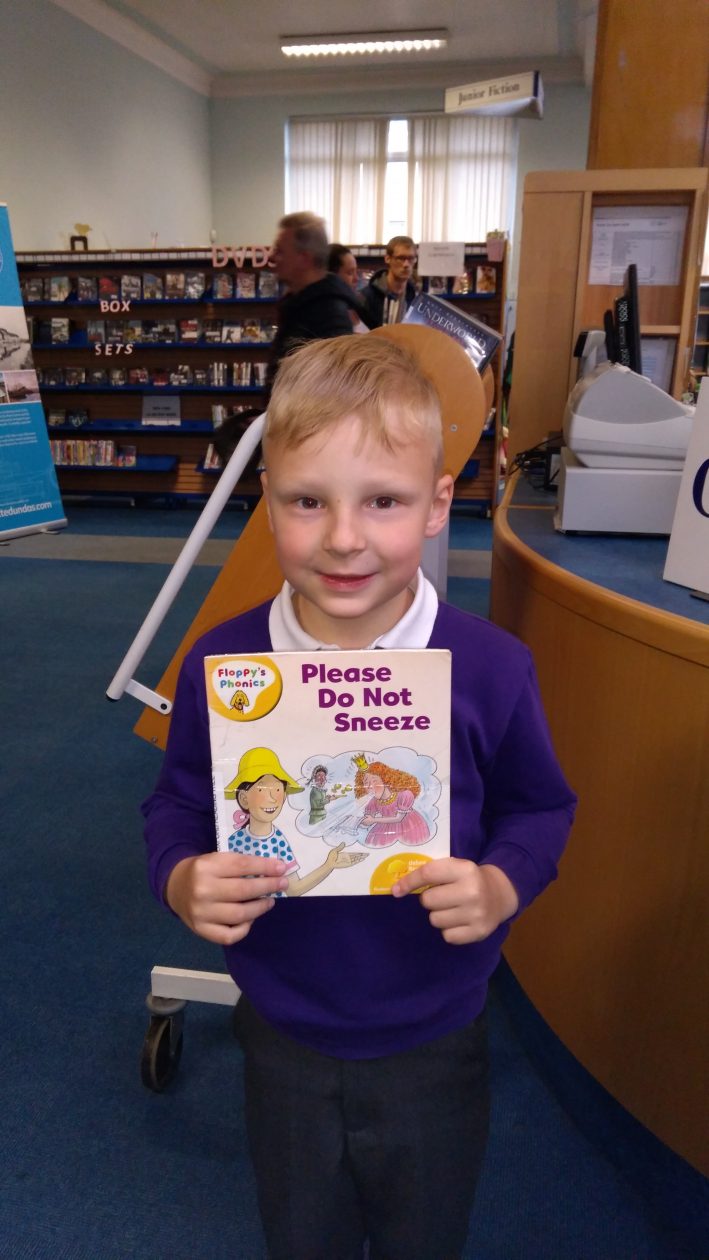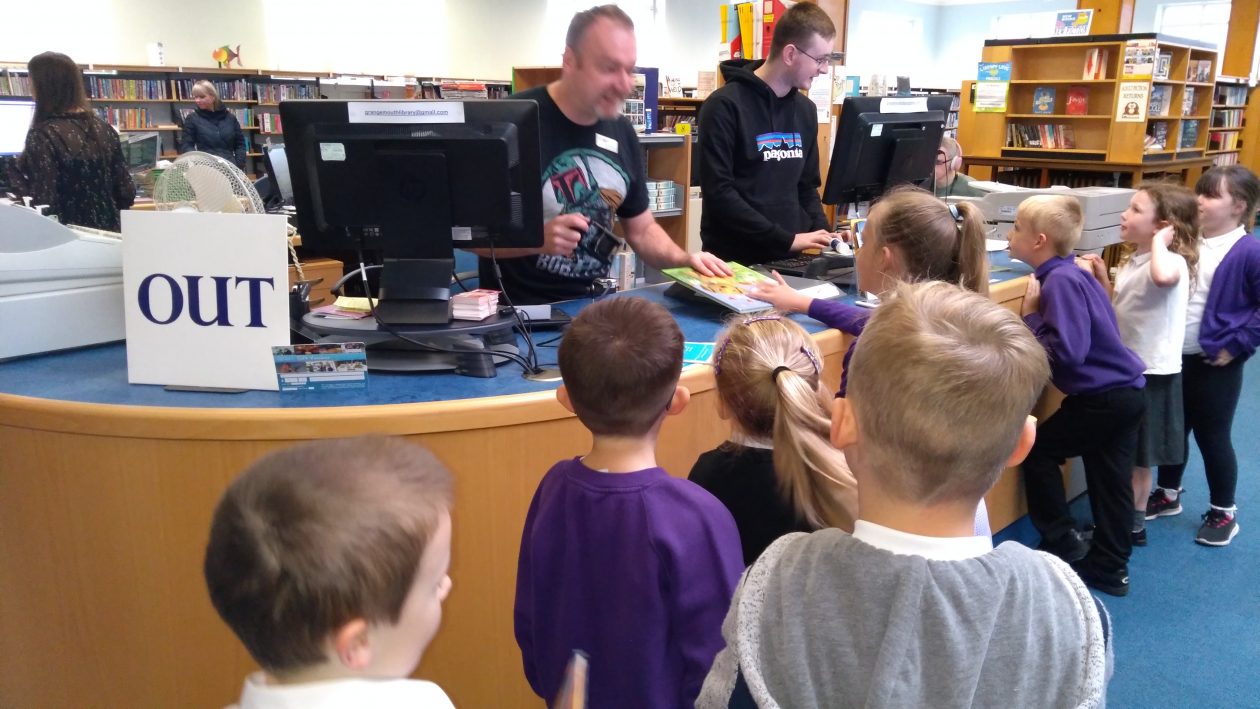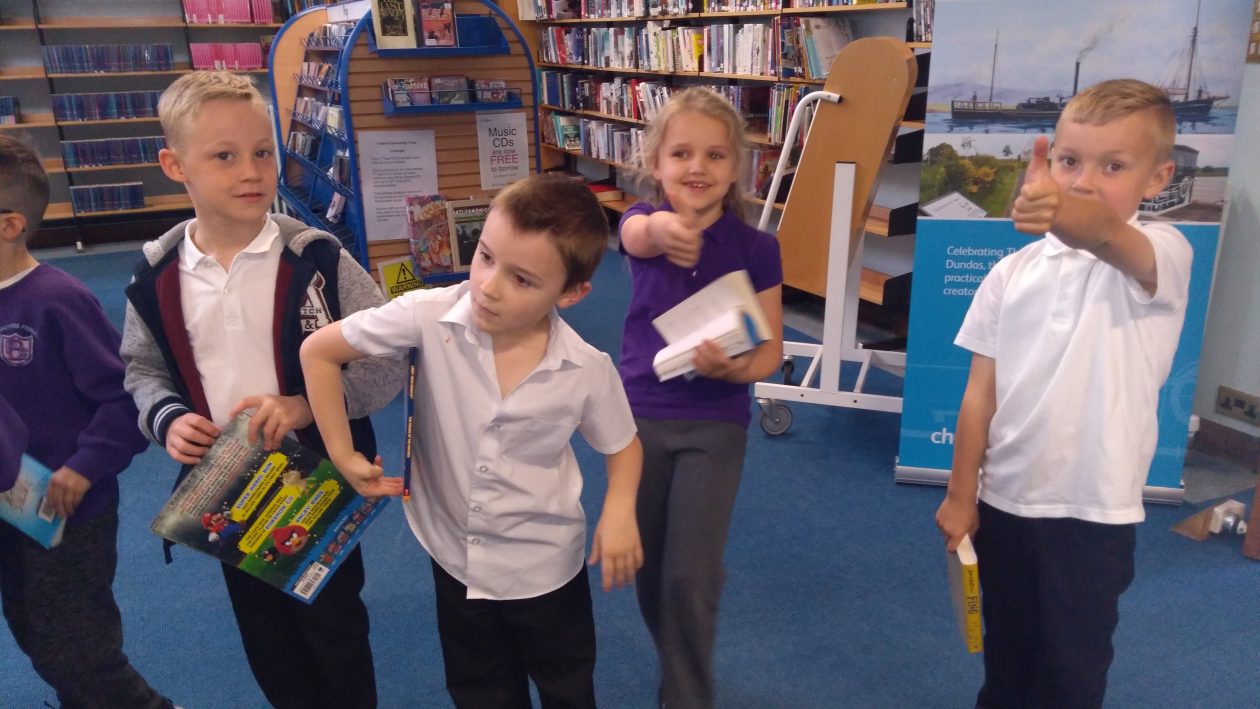 This blog post shares the second family literacy learning pack created by Falkirk Children’s Services Literacy Team during school closures caused by coronavirus. We hope it gives Falkirk families a fun way to learn together while dreaming of better times when we can go anywhere we like! 🙂
This blog post shares the second family literacy learning pack created by Falkirk Children’s Services Literacy Team during school closures caused by coronavirus. We hope it gives Falkirk families a fun way to learn together while dreaming of better times when we can go anywhere we like! 🙂
Are you ready to pretend that you’ve won a dream holiday, have a large budget to spend and can go to any 3 cities in the world?
Click here to download a print copy of the plan – this takes the form of a work book which you and your children can use at your own pace (it has 50 pages so you might want to pick and choose the ones you need, or ask your child’s school to make you a print copy). The whole family can work together at the same time, or children can work independently – you will know what is right for you.
Look at the plan with your child(ren), check they understand the order of the little task bubbles and questions at the beginning of each section, then get started. The plan suggests things to do and ways to do them, but you might have even better ideas. Enjoy doing as much or as little as your child(ren) want to each day and remember that this learning shouldn’t replace or be in addition to what your children are being asked to do by their teacher or school. Don’t do too much.
Useful Links to use with this plan – Click on the links below when you are ready for them (they are roughly in the order you will need them as you work through the plan).
What is a holiday? Click here for a simple definition. We hope you enjoy remembering and talking about your own holidays and days out.
Click here to watch a BBC Bitesize video about the world, the continents, atlases and maps you might want to spend a bit of time refreshing your knowledge of the world by doing the activities there too.

Click here to view our brochure with information about some of the major cities of the world – you can research to find out more information or find your own cities instead if you want to. Click here to view a useful presentation created for Falkirk pupils by the digital learning team at Encyclopeadia Britannica. This brilliant resource will help you research cities of the world. You can click here to visit their schools website
Google Street Map is a great tool for taking a virtual tour or walk in your city, use this link to help you.
When your children/your family are on their pretend holiday, you might want to make/keep a creative holiday diary – click here to see a couple of examples from the internet.
Click on the country below to learn more about the culture, the traditions and the language spoken in your holiday cities – these power points have audio files which you can use to practise using words and phrases you might need.
Enjoy your pretend dream holiday!

When you come back, please tell us all about it by leaving a comment below. We would be grateful for your feedback about how valuable you find this plan.

